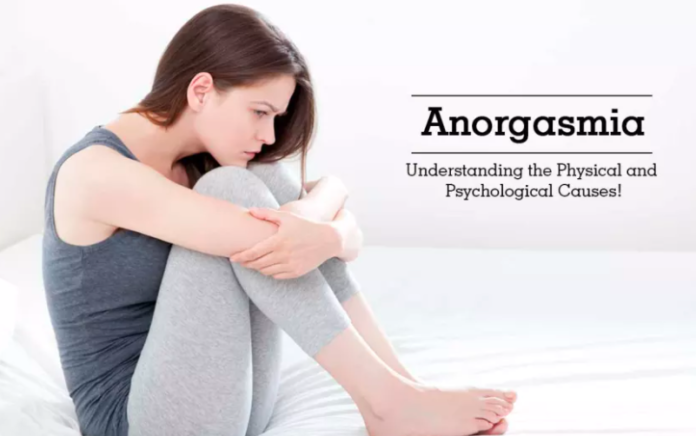According to experts like Best Sexologist in Karachi, anorgasmia has multiple causes, and is more common in women. In fact, data suggests that 11 to 41 percent of global female population, while 8 percent of the male population suffer from anorgasmia. The causes range from psychological to gynecological and need evaluation from a professional for proper diagnosis and management.
What are the causes of anorgasmia?
Anorgasmia can be primary or secondary/situational.
Some of the reasons why women cannot orgasm include:
Ageing—with increasing age, the blood supply to the organs decreases, which can impede or delay the ability to orgasm.
Medication—certainmedication, both over-the-counter and prescription drugs can cause anorgasmia. Such drugs include: antidepressants, blood pressure drugs and anti-psychotics. As part of the anorgasmia treatment, these medications can be changed to other options.
Lifestyle—excessive smoking, alcohol consumption and obesity are known causes of anorgasmia.
Diseases—certain medical conditions like diabetes, Parkinson’s and multiple sclerosis affect the ability to orgasm.
Gynecological issues—like tumors of the reproductive tract lead to symptoms like dyspareunia and anorgasmia particularly if the nerves are affected. BV if left untreated can also lead to anorgasmia. Hence, it is important to take probiotics for BV as soon as you realize that you are having this issue.
Psychological trauma—particularly any type of abuse can make sex difficult for the victims.
Mental health issues—concurrent mental health disorders like anxiety and depression can hold back from gaining sexual fulfilment. This holds true even for people who take antianxiety and antidepressant medication.
Body image issues—body dysmorphic disorders as well as self-esteem issues can make one self-conscious during sex. This translates to delayed orgasm, or even anorgasmia.
Relationship issues—unresolved emotional tension between partners, particularly poor communication and problems with infidelity impact the sex life. Even faking an orgasm is a type of miscommunication for the partner.
How to deal with anorgasmia?
The key to dealing with anorgasmia lies in addressing the psychological factors of the patient, and understanding the relationship dynamics. The management plan is then based on the causative factor.
In case of an underlying disease or physiological cause, anorgasmia is treated with medical therapy:
Medical treatment:
The medical treatment options include:
Estrogen therapyis ideal for postmenopausal women. In women undergoing menopause, there is vaginal dryness, hot flashes, night sweats and low serum estrogen, which can make intercourse uncomfortable. In such women, low dose therapy, such as slow-releasing suppository or vaginal ring improve the symptoms. This way, the blood flow to the vagina increases and improves most forms of sexual dysfunction.
Testosterone therapy also works for sexual dysfunction in women. The role of testosterone is controversial and needs monitoring of side effects by the healthcare provider.The side effects range from acne, male-pattern baldness and hirsutism.Testosterone works best in women who have their ovaries removed surgically—oophorectomy—as in some cancers.
Treating the underlying medical condition is the option when a gynecological illness is hindering the ability to orgasm. Anorgasmia may also be due to certain medication, in which case, the healthcare provider may provide some alternative drugs.
Lifestyle changes
Increasing stimulation:many women with anorgasmia haven’t had the right sexual stimulation. In most cases, direct or indirect clitoral stimulation is missing. Teaching the partner about clitoral stimulation can be helpful in this case.
Couples counselling: relationship conflicts can translate to a poor sex life. Improving the communication between partners is helpful in treating anorgasmia.
Understanding the body better:understanding the anatomy of the partner and experimenting with different techniques can work to deal with anorgasmia.
Sex therapy: sexologists are trained to deal with anorgasmia in both men and women. Counselling with sex education, improving the communication between partners and behavioral exercises are some of techniques used by therapists. Appointment with these professional can be booked at oladoc.com.
click here for more articles.











